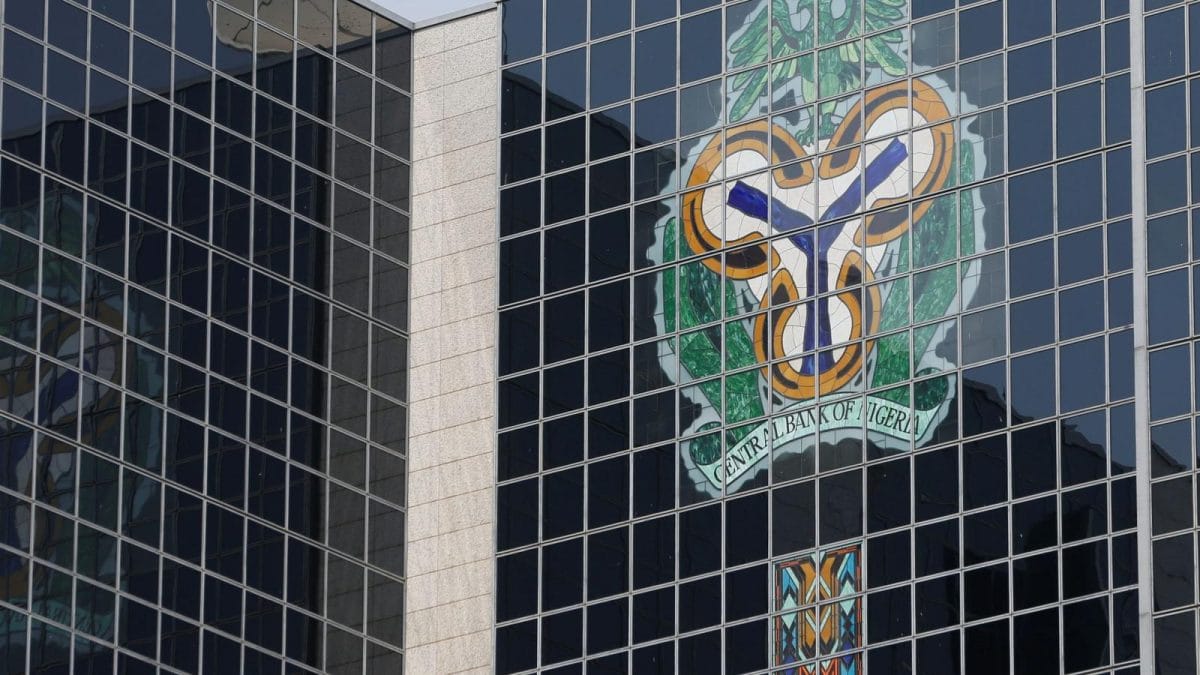The Central Bank of Nigeria (CBN) has implemented a significant increase in its interest rate, raising it to 26.25%. This decision comes in response to the persistent challenge of rising inflation in the country.
Inflation refers to the general increase in prices of goods and services over time, leading to a decrease in the purchasing power of money. In Nigeria, inflation has been a pressing concern, impacting the economy and affecting the livelihoods of individuals and businesses.
By raising the interest rate, the CBN aims to address inflationary pressures by tightening monetary policy. When interest rates are increased, borrowing becomes more expensive, which can help reduce spending and investment. This, in turn, can moderate demand and ease inflationary pressures.
However, higher interest rates can also have adverse effects on economic activity, potentially slowing down growth and increasing the cost of borrowing for businesses and consumers.
The CBN’s decision to raise the interest rate underscores its commitment to stabilizing prices and safeguarding the purchasing power of the Nigerian currency. It reflects the ongoing efforts to manage inflationary risks and maintain macroeconomic stability in the face of economic challenges.

